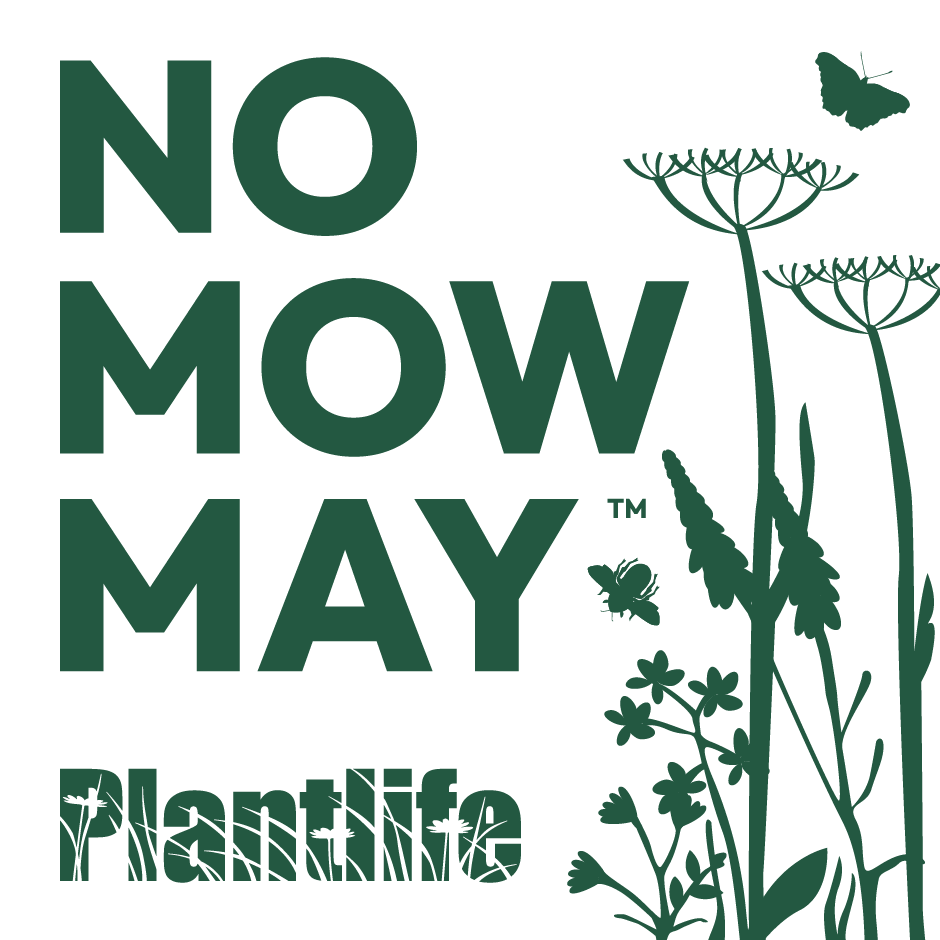No Mow May: What Is It and How Can I Join In?

Image Credit: Archie Thomas
You may have noticed that over the past few years that your local council may have stopped mowing some verges and other areas of public grass for one month of the year. Well, while this is a good way for councils to save money, there is also a sound environmental reason to do this too.
By letting the grass and wild flowers grow unhindered for the month of May it allows the bees and other pollinators such as butterflies, birds, moths, wasps and even birds to do their vital job. They can go ahead and pollinate the plants that grow our fruit, vegetables and the beautiful flowers that we want to enjoy all summer long.
What is No Mow May?
No Mow May was created by the UK organisation Plantlife who campaign to protect vital habitats and make lasting positive change for wildflowers, plants and fungi. It has now taken off around the world as every year more people join in by letting the grass grow in May (in the southern hemisphere anyway).

According to Plantlife, the UK has lost nearly 97% of its flower rich meadows since the 1970’s and with them gone are vital food needed by pollinators.
How Can I Join In With No Mow May?
Anyone who is responsible for even the tiniest bit of lawn can join in by not mowing it in May. You can make a pledge on the Plantlife website, but you don’t need to if you want to join in. Just put the lawnmower away for the month and you are doing your bit.
But I Like My Lawn!
That’s OK! It’s not an all or nothing thing – you can just leave a small part of your garden to grow wild. Some people leave a corner or a strip of grass unmown. Every little helps.
Should I Plant Wildflowers For No Mow May?
The short answer is, it depends.
Lina Herbertsson and Maj Rundlöf, who conduct research on pollination and biodiversity at Lund University emphasise the importance of choosing wildflowers that are local to you, rather than using a generic “wildflower mix” from your local garden centre or purchased online.
The seed mix that customers receive often contains species that do not even belong in a meadow at all. They may include seeds for wildflowers that are not native to your part of the country, ornamental plants or grassy weeds from abroad.
Do I Have To Get The Lawnmower Out On 1st June?
Of course not. Once May is over, Plantlife encourage all of us to keep our wild patch for the rest of the summer, by either continuing to let it grow or by reducing the number of times we mow our lawns over the summer.
They do however emphasise the importance of collecting your grass cuttings whenever you do choose to mow your lawn. Says Plantlife’s Mark Schofield, “The removal of cuttings is crucial to encouraging plant diversity. When cuttings are left to rot down on lawns, this enriches the soil and creates an environment where more competitive grasses and species like nettles, hogweeds and thistles take over, smothering the rest of our wild flora. ”
No Mow May is rapidly becoming one of the more visible environmental calendar dates in May. As more individuals, local councils, businesses and community organisations such as schools join in, the chance to see the UK’s beautiful abundance of wildflowers will start to become a more common sight once more.
Read More
What's New
- Environmental Days In February 2026
- Free Water Saving Devices For UK Residents
- STOP! Don't Put That In The Recycling!
- 21 Free Online Games About The Environment For Kids
- Best Plastic-Free Wet Wipes 2026
Most Popular in Recycling
CDs & DVDs
Videotapes & Cassettes
Duvets & Pillows
Ink Cartridges
Shredded Paper
Stamps
......Recycling A-Z